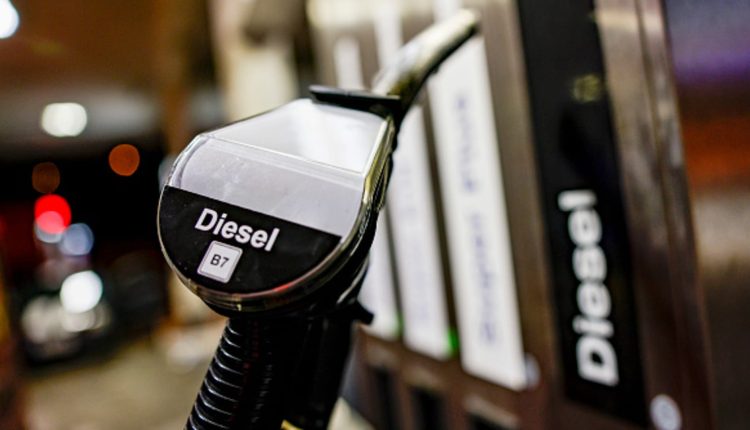From February 5, 2023, the European Union will no longer purchase petroleum products such as diesel, gasoline or lubricants from Russia.
Picture Alliance | Picture Alliance | Getty Images
Russia’s government on Friday said it had withdrawn a ban on diesel exports delivered to sea ports via pipelines, removing a large chunk of restrictions it put in place last month.
The Kremlin said in a statement that it had “lifted restrictions on the export of diesel fuel delivered to seaports by pipeline, provided that the manufacturer supplies at least 50% of the diesel fuel produced to the domestic market,” according to a Google translation.
The announcement comes shortly after Russia imposed an indefinite ban on the export of diesel and gasoline to most countries, sending shockwaves through global markets. The restrictions for gasoline exports currently remain in place.
Moscow initially implemented the measures on Sept. 21 to stabilize fuel prices in the domestic market, with Kremlin spokesperson Dmitry Peskov last month saying that the restrictions would remain in place for as long as necessary to ensure market stability, according to Reuters.
The ban prompted a jump in diesel prices, as Russia is one of the world’s largest suppliers of diesel and a major exporter of crude oil.
As part of the Friday announcement, Russia’s government also said it had imposed what it described as a “protective duty” of 50,000 roubles ($495.6) per ton for resellers of petroleum products. The duty is designed to prevent possible “gray exports” — companies that operate through unauthorized channels.
“Thus, the Government is suppressing attempts by resellers to purchase fuel in advance for subsequent export after the current restrictions are lifted. This also prevents them from exporting class fuel under the guise of other products,” it added.
Read the full article here

